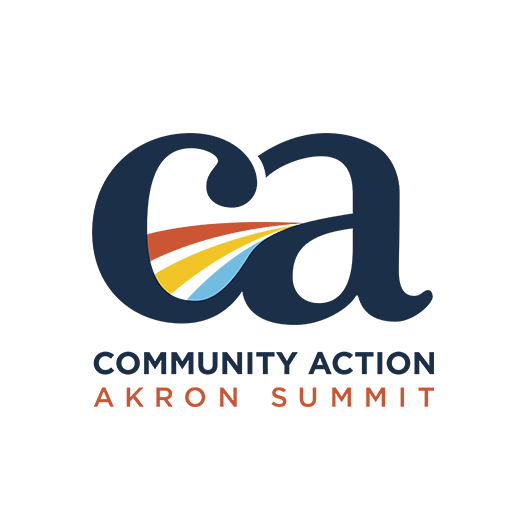Pregnant Women/Expectant Families and Their Link to School Readiness
Early Head Start staff support pregnant mothers and expectant families to obtain comprehensive prenatal care, including appropriate nutrition, oral health care, mental health supports, and prenatal education. After the baby is born, staff assist new mothers as they access postpartum health care. In addition, programs offer a newborn home visit by a health professional two weeks after the baby's birth to promote maternal and child health. Early Head Start staff focus on nurturing parentchild relationships so they form secure attachments to their babies and provide responsive caregiving. This includes engaging fathers from the beginning. These early experiences help children reach their full potential in school and in life (Office of Head Start).
Curriculum and Education
- Use a research-based curriculum to help pregnant women and expectant families understand the link between prenatal development and school readiness.
- Use validated tools to screen for maternal and paternal depression.
- Engage the services of a mental health professional who can provide prenatal, perinatal, and post-partum mental health support and make referrals when needed.
Collaborations and Partnerships
Establish relationships with community partners with expertise in labor and delivery, postpartum care, and maternal health, and include them on the Health Services Advisory Committee (HSAC).
Use community partnerships and the HSAC to provide multicultural and multilingual family health resources around:
- Healthy prenatal development
- The effects of smoking and other substances on fetal development
- The benefits of breastfeeding
- Labor and delivery
- What to expect when the baby comes home
- Infant Mortality
- Encouraging Father Involving
- Parental/Maternal Depression Screening
- Dental Care
- Etc.
Transition (Postpartum)
- Help families identify the most appropriate program option for themselves and their infant and support them during this transition.
- Assist working parents to develop a plan for child care that meets their needs and supports early learning.
- Offer activities tailored to engage fathers in the lives of their young children.
- Offer supports for multigenerational families.

